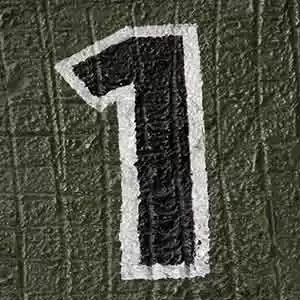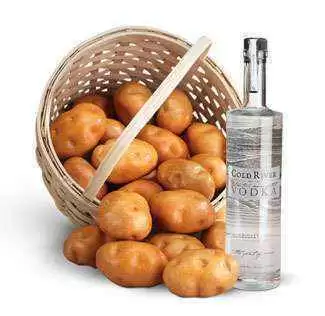Celiac.com 01/07/2013 - In a recent article for Open Original Shared Link, James Maskell, calls celiac the "world's greatest disease."
Why does he say this? Mainly because celiac disease cannot be cured or treated with pills or other standard methods. Because avoiding wheat, rye and barley is the only way to heal celiac-related damage to the gut, celiac disease helps drive home the importance of diet and nutrition in treating and preventing numerous other diseases.
Celiac.com Sponsor (A12):
 Think about it. Numerous diseases, even those like heart disease or diabetes, which often have strong associations with poor diet, lack of exercise, etc., are treated, if not cured, with medical procedures and pharmaceutical drugs.
Think about it. Numerous diseases, even those like heart disease or diabetes, which often have strong associations with poor diet, lack of exercise, etc., are treated, if not cured, with medical procedures and pharmaceutical drugs.
It is a rare medical reality for a treatable disease to resist drugs and external cures, and for the only effective treatment to be a permanent dietary change.
In every case of celiac disease, the treatment and cure come solely from the patient taking responsibility to avoid gluten, and to eat food that promotes gut health. This reality alerts people to the fact that certain diseases can be ameliorated or even cured by lifestyle and diet changes.
That is why Maskell calls celiac disease the greatest disease in the world.
Forgetting for a moment the more extreme cases, and the benefits of some conventional treatments, think of how different treatments for other diseases might be if a change of diet was the only option.
Imagine if dietary change was the only viable option for diet-related heart disease. How many people might nip it in its infancy and reverse or control their heart disease before it ever became severe enough to require drugs or surgery?
Think how different the food landscape in America would be if doctors told patients with diet-related heart disease and diet-related pre-diabetes that a change of diet was the only option.
When doctors have to tell patients that the only solution to their disease is a dietary shift, the doors open for "awareness of integrative or functional approaches to health."
Given that many of the growing health epidemics (obesity, diabetes, metabolic syndrome, etc.) in America have strong dietary components, will celiac disease promote a greater awareness and stronger reliance on the role of diet in treating disease? We can only watch and hope. And, according to Maskell, if we are one of the several million Americans with celiac disease, we can count our blessings.
Do you have celiac disease? Do you agree with John Maskell's view? What has celiac disease taught you about the relationship between diet and good health?
Source:
- Open Original Shared Link










Recommended Comments